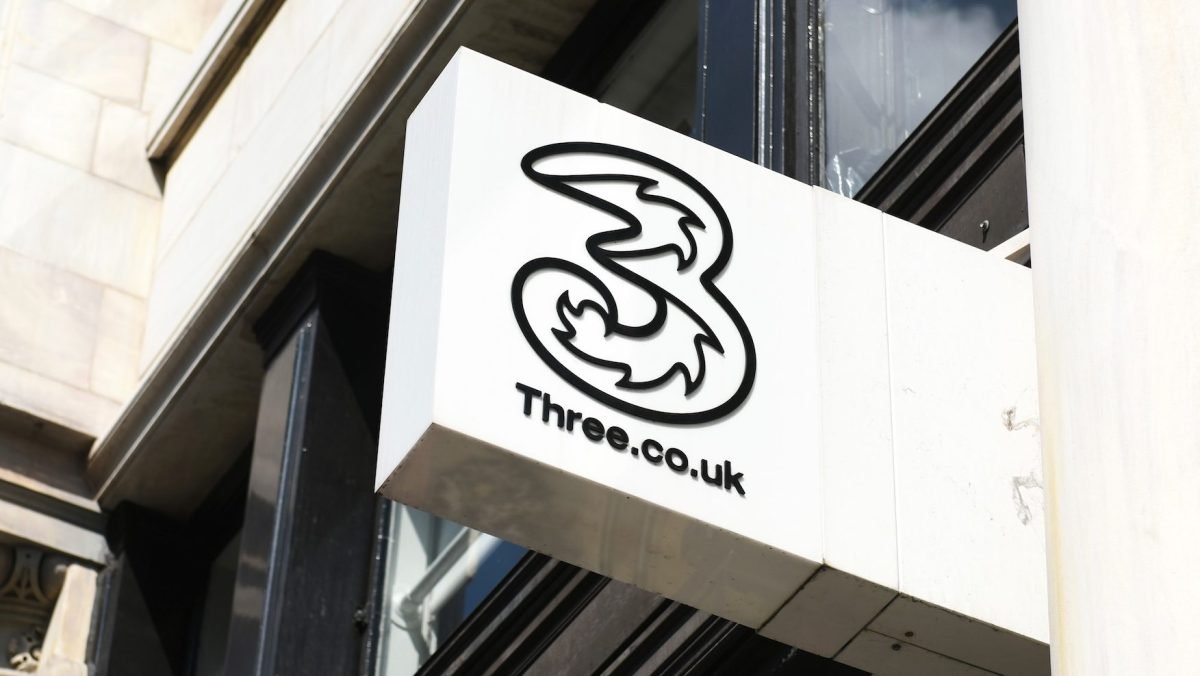The U.K.’s Competition and Markets Authority (CMA) has officially announced that it will be launching a “phase 2” investigation into the proposed merger between Vodafone and Three UK. The expectation is that this merger would effectively reduce the number of major mobile network operators in the U.K. from four to three (the others being EE and O2).
The CMA has expressed concerns over the deal, stating that it could potentially result in higher prices for consumers and hinder future investments in the country’s mobile network infrastructure. However, the agency has given both companies five working days to address these concerns and provide “meaningful solutions” before proceeding with the formal investigation.
“Our initial assessment of this deal has raised concerns about the potential for higher prices for customers and less investment in U.K. mobile networks,” stated Julie Bon, deputy chief economic adviser at the CMA. “These issues warrant a thorough investigation unless Vodafone and Three can present viable solutions.”
This announcement comes almost nine months after the $19 billion merger was first announced, with the companies already anticipating potential regulatory challenges by setting a deadline of 2024 to complete the transaction. The “phase 1” probe began in late January, during which the CMA gathered feedback from various stakeholders in the industry to determine if a deeper investigation was necessary.
The CMA now has six months to conduct the investigation and reach a final decision on the matter.
“It was expected that this case would undergo a thorough assessment by the CMA,” explained Tom Smith, partner at law firm Geradin Partners and former legal director at the CMA, to TechCrunch. “The real challenge now lies in the companies’ ability to prove the benefits of the merge to the CMA panel.”
Competition vs Consolidation
One major concern surrounding this merger is the impact it would have on consumer prices. As the CMA notes, “competition is crucial in keeping prices low.” In addition, the need to stand out from competition often drives companies to invest in network coverage and quality. With one less competitor in the market, this incentive may be diminished.
“Millions of people in the U.K. rely on healthy competition in the mobile market to access the best deals available,” stated Bon. “While Vodafone and Three have stated that their merger will benefit competition and investments, the CMA has yet to see sufficient evidence to support these claims.”
In support of their merger, Vodafone and Three have referenced similar studies on “four to three” mergers that show no significant impact on prices. However, a study conducted after a merger between Vodafone Hutchison Australia and TPG in 2020 revealed that the remaining three mobile network operators increased prices, while overall investment in the country’s mobile market saw a 45% decrease from 2018 to 2023.
Another report by anti-monopoly organization Balanced Economy Project, based on seven international studies, concluded that a Vodafone and Three merger would lead to consumer price increases ranging from £5 to £25 a month.
According to Smith, the CMA’s analysis on pricing will likely show that a post-merger price rise is probable. The companies will have to convince the CMA that they will pass on any cost savings to customers to counteract the incentive to raise prices. However, the CMA remains skeptical of arguments that mergers drive investment incentives, as the agency firmly stands by the belief that competition is what ultimately benefits consumers.
The companies may also face challenges in regard to Three being owned by Hong Kong-based conglomerate CK Hutchison Holdings, which is subject to China’s national security law implemented in 2020. Unite the Union argues that, as a subsidiary of a company based in Hong Kong, Three may be obligated to share sensitive data with the Chinese government. This issue is specifically why the U.K. enacted the National Security and Investment Act in 2022, with past incidents of blocking deals between U.K. and Chinese companies.
However, this matter is not under the authority of the CMA, and the two companies are reportedly working with the government as part of their national security review processes.
Legal Challenges
It’s worth noting that Three has previously been involved in another unsuccessful merger attempt, when its parent company Hutchison tried to acquire another U.K. major carrier, O2, for £10.25 billion. However, the EU blocked this deal eight years ago. Then, 18 months ago, a European court advisor recommended dismissing the initial court ruling, so it remains to be seen how this will affect the current merger attempt.
The U.K. has a recent history of blocking large-scale acquisitions, with Adobe and Figma calling off their $20 billion merger due to regulatory backlash both in the U.K. and the EU. Similarly, Microsoft had to make significant concessions to get its $68.7 billion Activision acquisition approved.
However, the Vodafone and Three merger is different in that it involves critical infrastructure, with the two companies controlling nearly half of the available radio spectrum.
“This case has more underlying factors than the CMA’s previous major decisions and is arguably more crucial for the U.K. economy,” added Smith. “The companies face difficult challenges in convincing the CMA of the benefits of their merger.”








